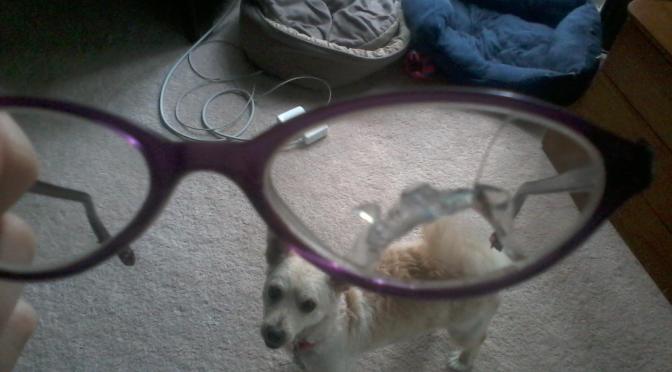Forgive me, for I have sinned.
How weird would it be if someone started a conversation with you like that? I’d be creeped out, and I’m a preacher’s kid with empathy so random strangers’ life stories don’t really phase me anymore.
I sometimes wonder how Catholic priests feel when they’re sitting in a confessional listening to people like this. I also kind of want to go to confession at a Catholic church sometime, although I’m not really sure what I’d say.
I write confessional prayers as part of Communion liturgies on a regular basis. The confession usually takes as long to write as the entire Great Thanksgiving even though it’s about a quarter of the length. I try to cater specifically to whatever we’re discussing in the rest of the service that week while still encompassing a broad range of problems. The prayer of confession in the United Methodist hymnal is an excellent generic confession, with enough specification to direct the mind but not so much that there are limitations on what might convict each individual. But if we hear the same words every week, they cease to stand out. We use that prayer in my faith community at school, but only once or twice over the course of a year. That way the words are fresh and unexpected. (The only things we repeat week after week with the same words are the Lord’s Prayer and the last supper story, two things that already carry more meaning for many people than novelty or contrast create in the rest of the liturgy.)
What we confess aloud and what we silently confess is not really the point of that part of the liturgy, though. The section in the hymnal is “Confession and Pardon” for a reason. We confess to be convicted and to see ourselves as we are. God already knows what we have and have not done; we confess to draw our own attention to what has yet to be transformed in ourselves. But since most of us have at least been exposed to a hellfire-and-brimstone church at some point in our lives, the pardon is what should stand out.
I wish there were more ways to say it. But think of it. We’ve just recalled some of the ways that we let God down. We’re painfully aware of just how little we are doing to be God’s people in the world. And as we sit there feeling guilty and ashamed, a voice cuts through:
“Friend, your sins are forgiven.”
Just when we feel the most hopelessly cut off from the God we want so much to serve, in the name of Jesus Christ, we are forgiven.
We are connected to God and each other, no matter what we have done to throw up barriers of fear and hatred and guilt and shame. In one sentence, we are reminded that Christ broke down all our walls and brought us back into community.
The “Glory to God!” in the next line in the liturgy makes a bit more sense now, yes?
I can’t say all of that in a liturgy because people like church to end on time, but that’s why I changed how I write the pardon. The hymnal has the pastor tell the congregation “In the name of Jesus Christ, you are forgiven!” and the congregation responds likewise. One person shares the pardon with everyone else, and the whole crowd shares the pardon with that one person. It makes sense in the context of the pastor as priest, but in the protestant denominations we don’t limit who can give a pardon, so our worship planning team typically writes this as everyone saying, “In the name of Jesus Christ, we are forgiven!”
But then there’s no pardon, just an affirmation of what we know to be true. I think it’s important and meaningful to hear that pardon. So instead, I’m experimenting with having the celebrant say, “Turn to your neighbor and say, ‘In the name of Jesus Christ, you are forgiven!'” This way, there is really a pardon and no one person seems to control the ‘keys to the kingdom.’ And it’s more personal. There’s a world of difference between a pastor talking to a crowd and the person beside you making eye contact and telling just you, “You are forgiven.”
Next time you celebrate Communion, think about this.

